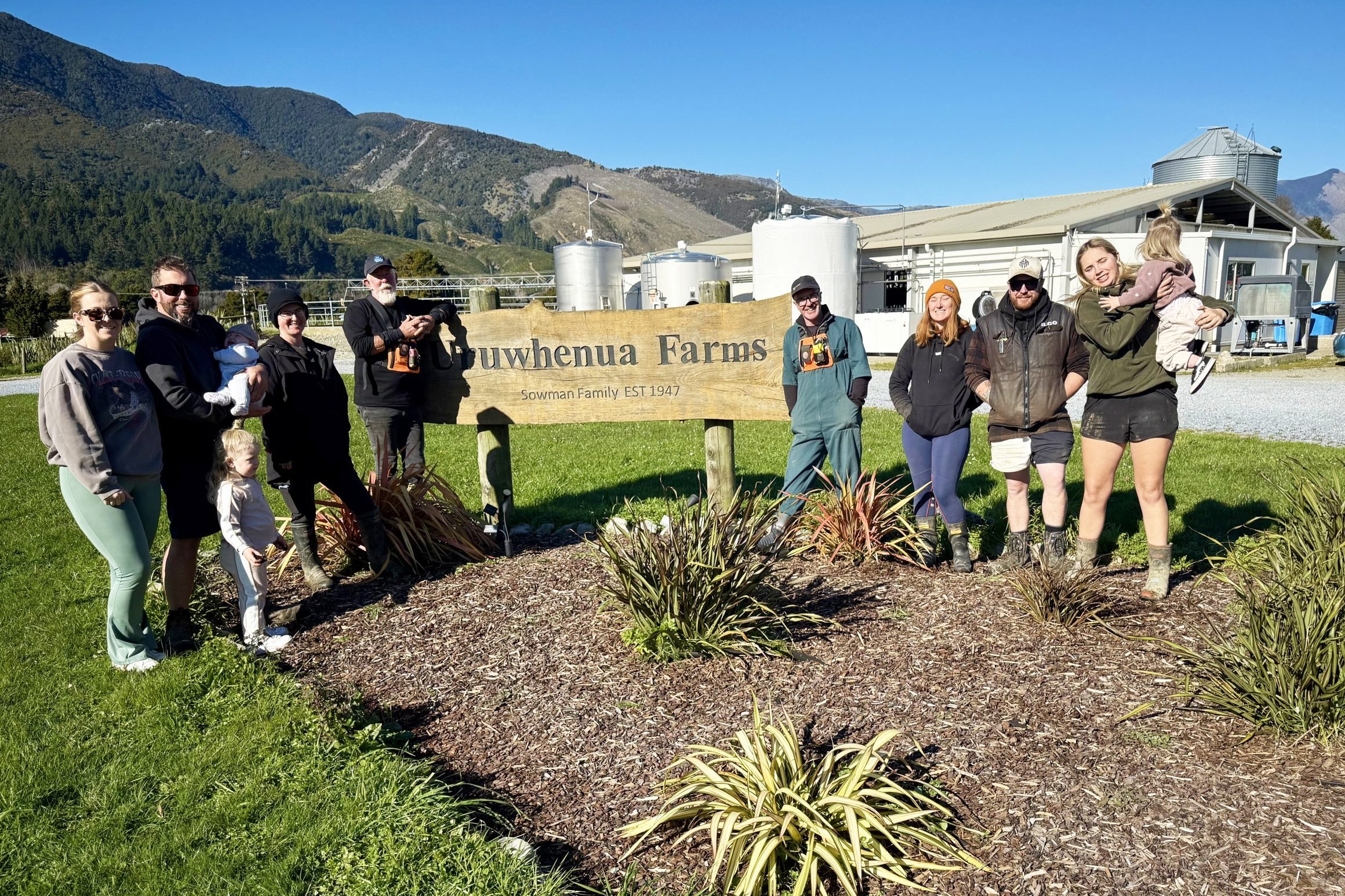BY: ANNABELLE LATZ
A nationwide lockdown due to Covid-19 made life particularly tough for those who did not fall into the essential services bracket.
But it provided an opportunity for some smart thinking for those who continued with some business.
Closed signs went up on rural butcher shop doors throughout New Zealand amid great confusion leading up to and into the early days of lockdown.
Both the homekill sector and rural butchers had been given the verbal green light from the Ministry of Primary Industries they’d be on the essential services list. When the list came out just before lockdown, neither was on there, but the homekill sector managed a change of ruling a couple of weeks into lockdown.
Animal welfare was one of the main reasons for the change.
Coming into lockdown, rural butchers had their shelves full in the anticipation of continued business.
Federated Farmers Rural Butchers member Mike Hanson said this meat had to be frozen which meant it lost quality, putting many butchers out of pocket.
Farmers could still get processing done for themselves, and injured animals could also be processed.
Between social distancing rules and farmers reluctant to visit their local towns, things were quiet on the processing side of things.
Hanson, who owns Netherby Meats in Ashburton, expected farms will be under strain now because farmers will have more stock than usual heading into winter.
“We’re four weeks behind with the processing.”
With Gypsy Day looming, farmers will be in a hurry to get rid of beef cattle.
Alert level four came into play in the thick of the shearing season, but operations continued with limited capacity in the essential services bracket.
NZ Shearing Contractors Association president Mark Barrowcliffe said staff numbers were a problem due to some returning to family for lockdown and social distancing requirements. Fewer shearers in the sheds meant shearing took double the time, and not everybody could work.
Shearing gangs did receive the wage subsidy which he said was a “godsend”.
King Country-based Barrowcliffe said the backlog of sheep still needing to be shorn will be noticed when the freezing works start to process at capacity again.
“As the freezing works crank up, then pre-lambing starts, there will be increased pressure on shearers and farmers to get the job done.”
Depending on border closures there may be fewer international shearers here next summer.
“We will have to rely more on each other.”




